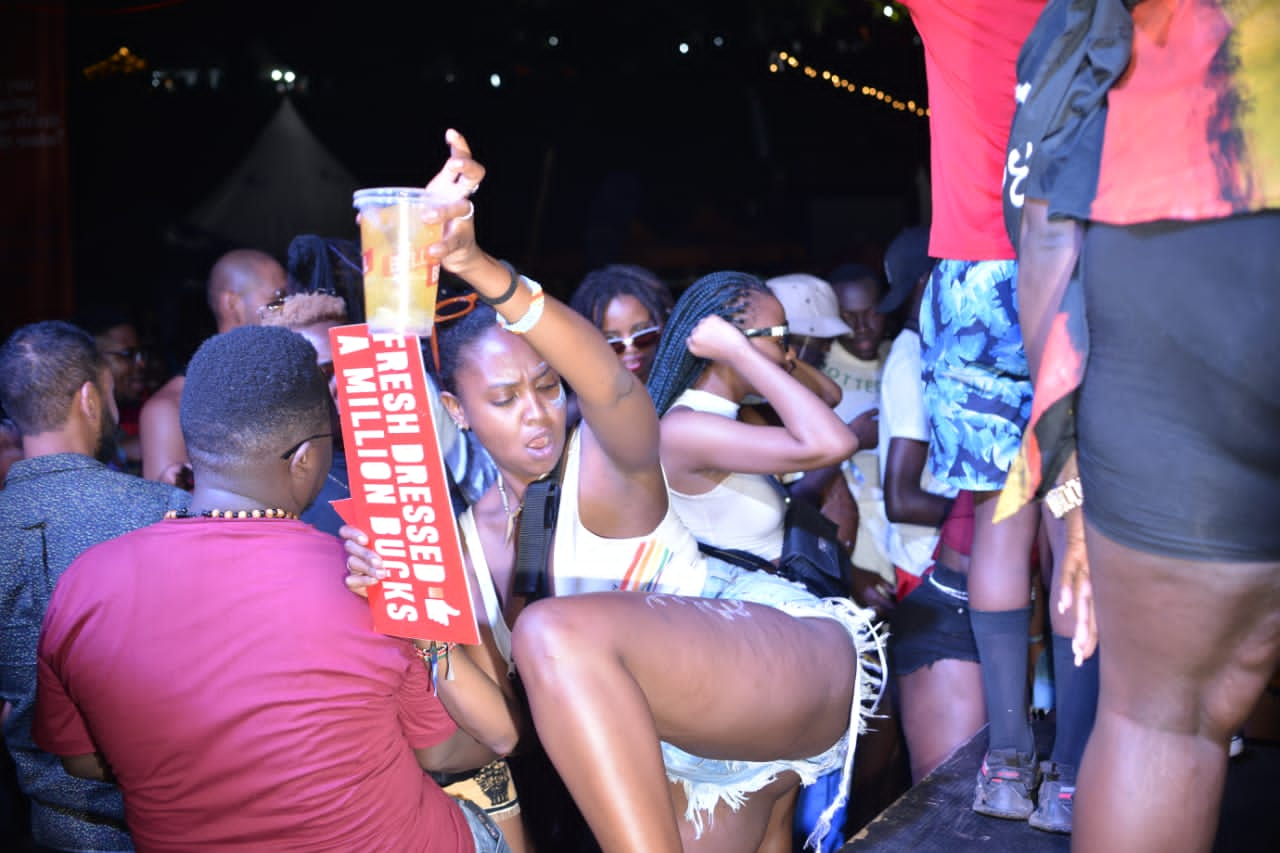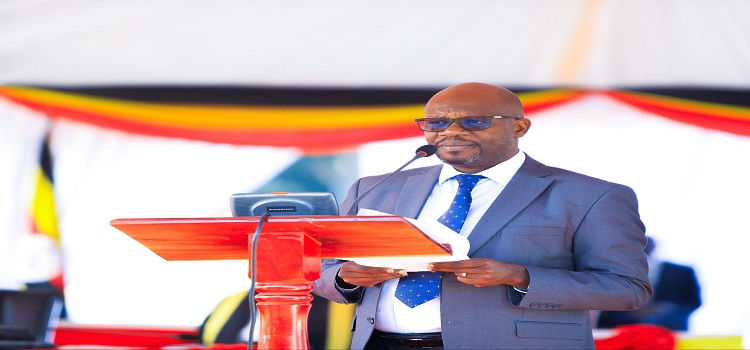As Uganda prepares for the return of the Nyege Nyege festival, set to take place in Jinja from November 14 to 17, the event has once again sparked heated debate.
The festival, known for its vibrant celebration of music, art, and culture, is facing sharp criticism, particularly from religious leaders in the Busoga region, who are questioning its role in promoting immorality.
Bishop Zachary Sserwadda of Evangel Churches Uganda and Bishop Fred Maka of Elim Churches have been at the forefront of the opposition, calling on their followers to pray against the festival, which they argue undermines the moral fabric of society.
They believe that the festival’s atmosphere encourages promiscuity, witchcraft, and behaviors that conflict with religious teachings. With photos and videos that purportedly substantiate their concerns, they point to the festival’s celebratory mood as evidence of moral decay.
One of the most controversial aspects is the festival’s use of biblical scripture. Bishop Maka specifically criticized the organizers’ reference to 2 Corinthians 3:17 “Where the Spirit of the Lord is, there is freedom” arguing that the verse has been misinterpreted. He contends that it is being used as a justification for unrestrained behavior, including immorality. “Freedom has a framework,” Bishop Maka insists, emphasizing that the verse does not endorse a free-for-all approach to sinful actions.
Beyond moral concerns, there are also economic worries. Pastor Samuel Tumwebaze, another vocal critic, has raised alarms about the festival’s high ticket prices, which he claims exclude many locals in the economically strained Busoga region. While the festival draws international tourists, he argues that it does not provide significant benefits to the local population. Moreover, he warns that indulgence in what he calls “immoral practices” could bring divine retribution, likening it to the misfortunes experienced by countries hosting similar events.
However, not everyone shares this school of thought. First Deputy Prime Minister Rebecca Kadaga is among the festival’s most prominent defenders, countering claims that Nyege Nyege harms the local community. She highlights the festival’s economic contributions, pointing to the influx of tourists, the full hotels, and the increased demand for local services. According to Kadaga, Nyege Nyege offers a much-needed economic boost to the region, creating jobs, generating revenue, and contributing to development.
Kadaga’s stance reflects a broader sentiment among many Ugandans who view the festival as a cultural celebration that showcases local talent and promotes Uganda as a tourist destination. For them, Nyege Nyege represents not only an economic opportunity but also a platform for cultural exchange, attracting visitors from all over the world.
Yet, in this fierce debate, a crucial question emerges: why have these same religious leaders remained silent on other pressing social issues, such as rampant corruption and police brutality, which have far-reaching consequences for Uganda’s moral and social fabric?
For years, the country has faced widespread corruption, with billions of shillings misappropriated by government officials and institutions. Police brutality, too, has left a trail of injustice, with citizens often subjected to violence and arbitrary arrests, particularly during protests.
Yet, these issues have not drawn the same level of public condemnation from Uganda’s religious leaders. Their silence on such deeply troubling issues raises the question of whether their outcry over Nyege Nyege is genuinely about morality, or if it is rooted in something else.
Corruption, which siphons off funds meant for social welfare, education, and infrastructure, has arguably contributed to a moral crisis that has left many Ugandans struggling. Similarly, the violence perpetuated by police forces has left citizens in fear, with little recourse for justice. In the face of such systemic issues, why is it that Nyege Nyege, a music and arts festival, has become the focal point of moral outrage?
As the debate continues, it becomes clear that the conversation surrounding Nyege Nyege is not just about the festival itself but is part of a broader discourse about the state of morality, culture, and governance in Uganda. While the religious community is quick to decry the event, they have yet to voice the same urgency when it comes to addressing corruption or police misconduct, issues that are far more pervasive and destructive to the nation’s social well-being.
As the festival approaches, the country remains deeply divided. Is Nyege Nyege merely a symbol of modernity that challenges traditional values, or is it a necessary cultural and economic force that deserves support? More importantly, why does it seem to be the only issue stirring such moral fervor, while systemic injustices go largely unaddressed?
For now, Nyege Nyege is not just a music festival but a focal point in Uganda’s ongoing debate about the balance between tradition and progress, the role of religious leaders in shaping national discourse, and the moral responsibilities of all sectors of society in tackling the deeper issues facing the nation.
Do you have a story in your community or an opinion to share with us: Email us at Submit an Article









